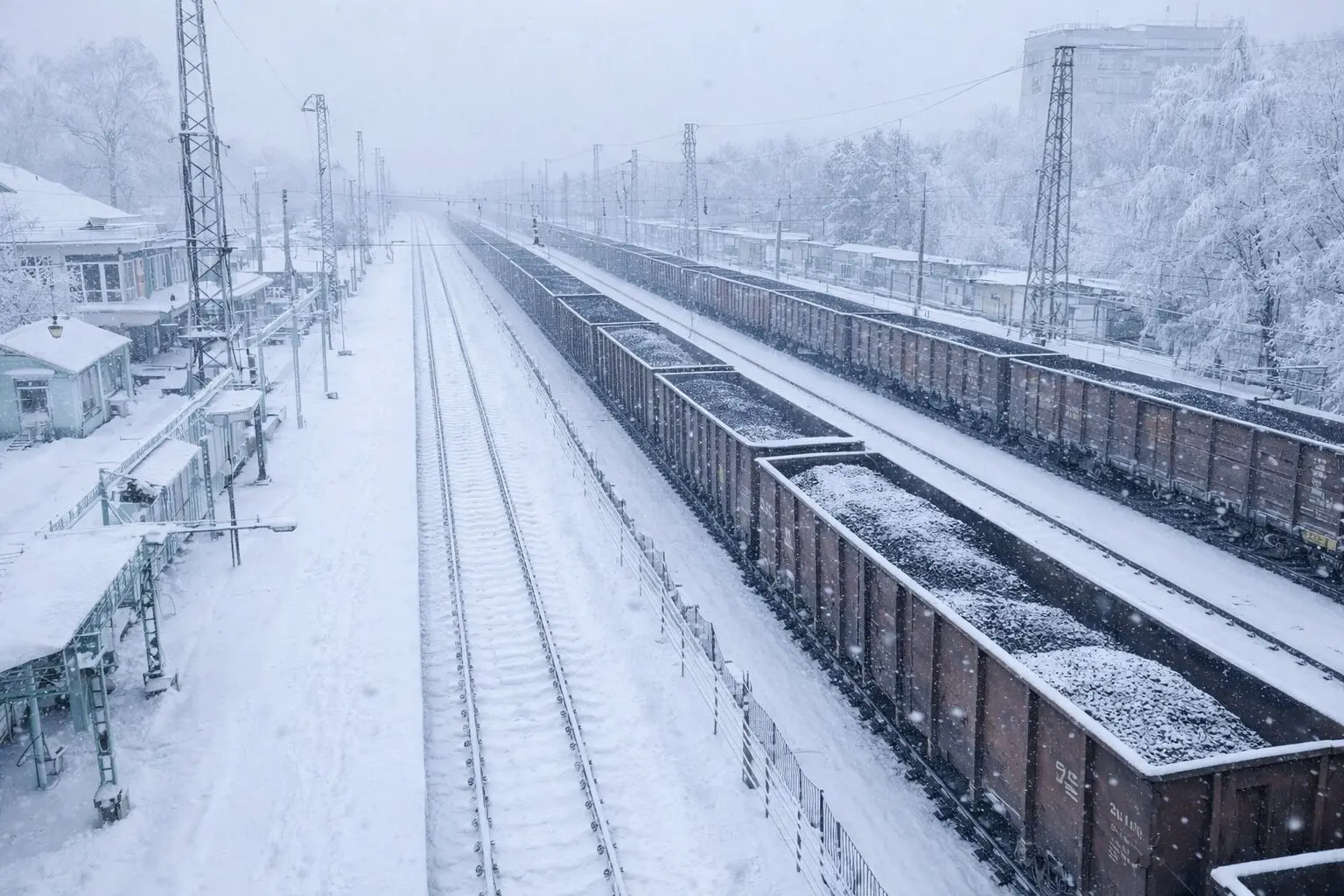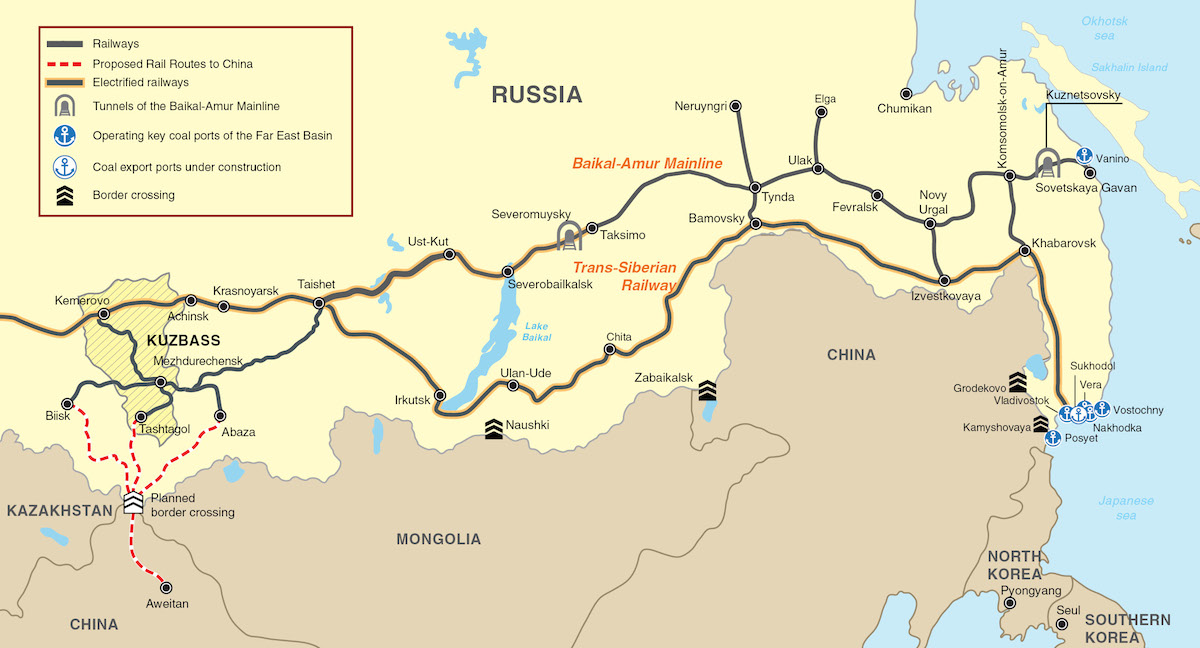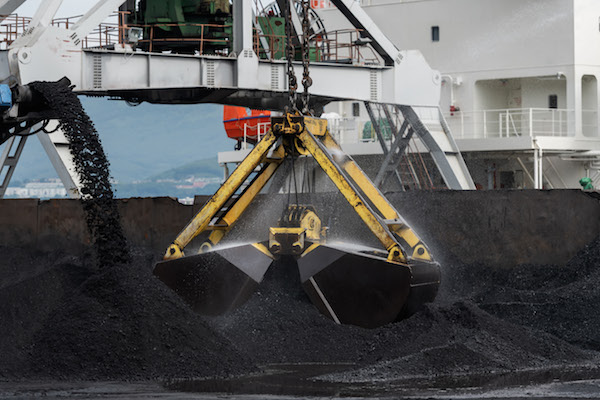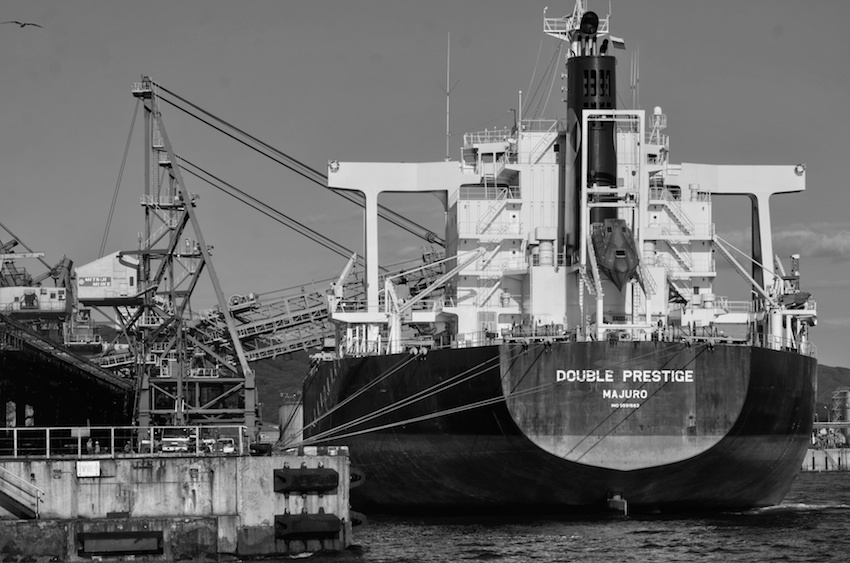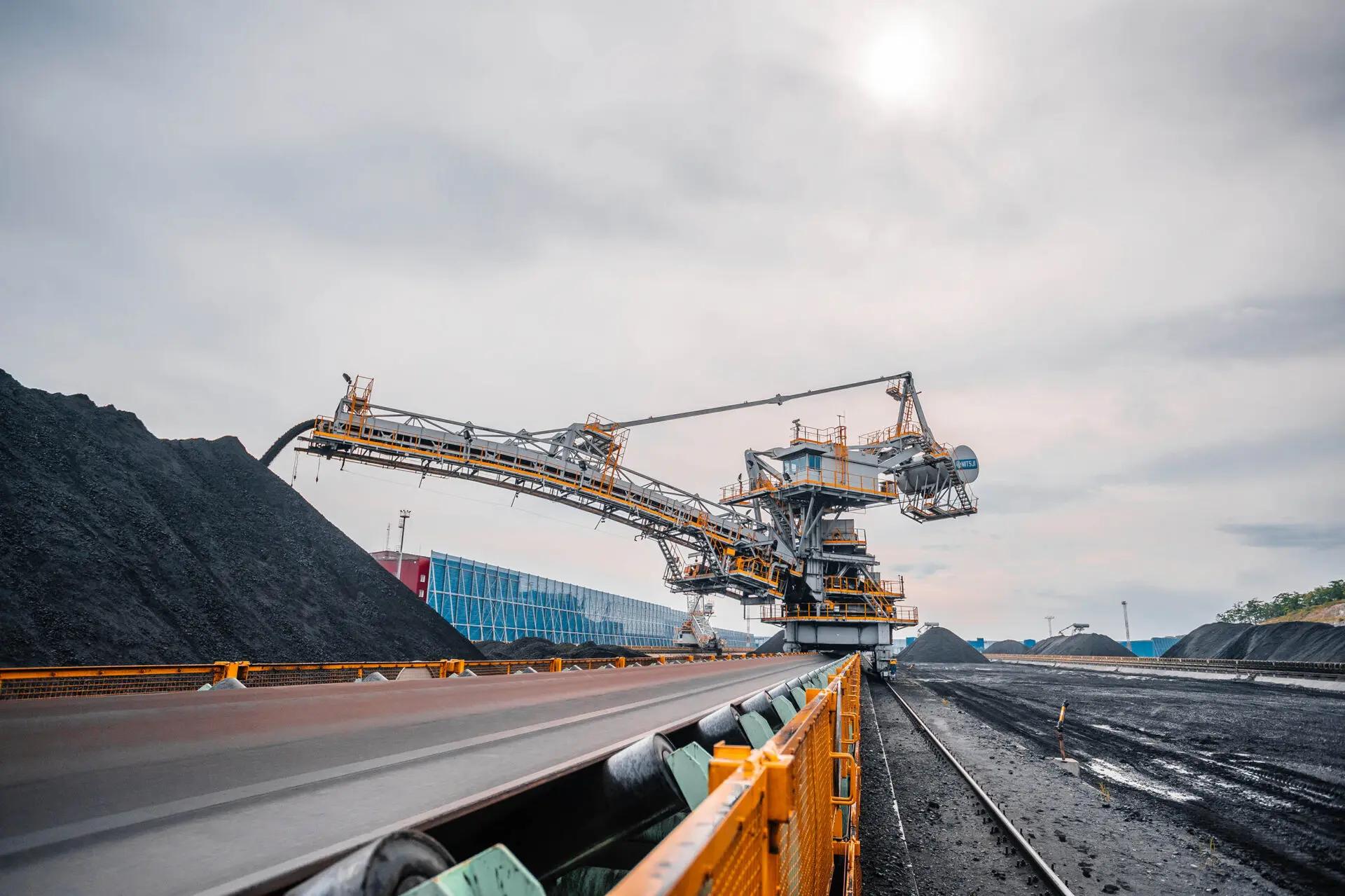
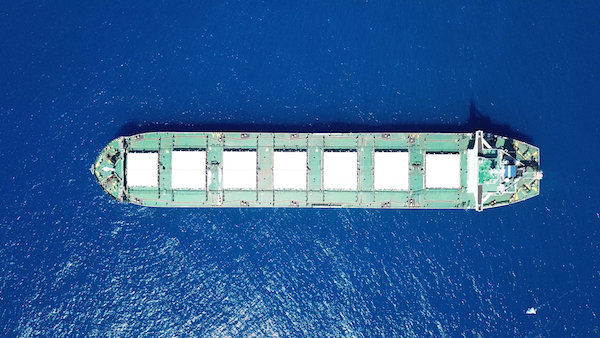
Last week, thermal coal indices in Europe ended at the level of 56 USD/t. Surge in natural gas prices, caused by a reduction in supplies of US LNG to the European market and a seasonal demand for gas in the EU, had a positive effect on coal quotes.
TTF gas indices reached 14.799 EUR/MWh (+1.364 EUR/MWh or +10% to October 14, 2020). Apart from that, the ongoing strike at Cerrejon mine limits the supply of Colombian coal in the Atlantic market and contributes to the positive dynamics of European coal indices.
However, the growth of wind generation and comfortable average daily temperatures in a number of EU countries are putting pressure on coal prices. According to WindEurope Agency, windmill generation in the EU increased to 1 763 KW (+80 GWh or +5% to October 14, 2020) over the week, restraining further price growth.
Colombian thermal coal exports dropped to 2.56 mio t in September 2020, the lowest level since July 2002, due to Cerrejon strike and the shutdown of Prodeco and Colombian Natural Resources mines. The total volume of Colombian thermal coal exports for nine months of 2020 was 42.60 mio t (-13.1 mio t or -24% y-o-y).
Lower demand for South African export coal from Indian consumers, who started to ramp up purchases of cheaper Australian material last week, negatively affected the indices of coal from South Africa.
Commission for reconciliation, mediation and arbitration of SA granted permission to the national Union of miners to hold a strike at Exxaro mines. The Union demands to increase the minimum wage of all employees of the company’s enterprises by 7.5%. Exxaro is one of the largest mining companies in South Africa. In H2 2020, the company plans to export 5.1 mio t of thermal coal.
The Chinese government’s decision to restrict imports of thermal coal from Australia contributed to the surge in Indian buyers’ demand for cheaper Australian material and supported prices of Australian coal. Australian producers are increasing their coal exports to Pakistan in search of alternative markets.
The limited supply of Indonesian coal due to heavy rains in the country, as well as a heightened demand for Indonesian low-calorific coal from Chinese enterprises, strengthened the quotes of coal of Indonesian origin.
The decision of Chinese government to introduce new import restrictions weakened the demand of Chinese enterprises for Australian coking coal and put some pressure on the quotes.
Source: CAA Analytics
Follow on Twitter:
[tfws username=”CAA_Analytics” height=”700″ width=”350″ theme=”light” color=”#FAB81E” tweets=”2″ header=”yes” footer=”yes” borders=”yes” scrollbar=”yes” background=”yes”]

